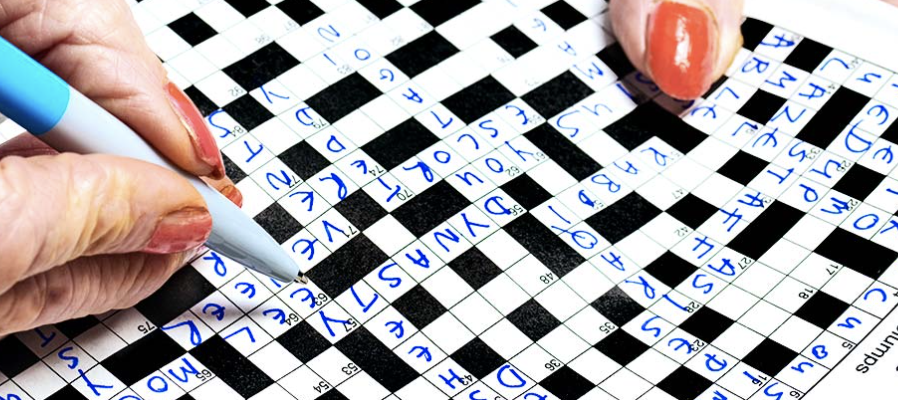
Crosswords, while not a treatment by itself, could be come a home based, cognitive improvement tool for seniors with cognitive impairment if the results are replicated and confirmed in other studies.
Crosswords have shown a slight advantage compared to other digital games, they have proven to be better in improving the memory in old adults which have been diagnosed with light cognitive problems according to yet another study on this matter.
A controlled and randomised study took place in which participants with a median age of around 70 years old. They trained and played crosswords and a notable cognitive improvement was detected. The results are not surprising but they are important because of the fact that another study confirms the benefits the crosswords have in reducing the risk of cognitive problems and dementia in adults. Crosswords are very popular and have been played for around 100 years but just recently they have been the focus of such studies which focus on finding ways to slow down dementia which is associated with Alzheimer’s disease.
This study which was conducted by Columbia & Duke University recruited around 100 people which had shown signs of soft cognitive impairment. It demanded them to complete 10 to 14 weeks of crossword puzzles or cognitive puzzles. The medium difficulty puzzles were similar to those of other popular puzzles like LaTimes or WSJ. While the trivia puzzles included matching, spatial recognition, and speed thinking tasks.
In late years many advances and clues have been examined, all geared towards understanding Alzheimer’s better and find new treatments or beneficial activities that support slowing down the progress of it. It has been clear that besides drugs and diagnostic tests, alternative methods must be given attention to. Most people never thought of crosswords as a therapy for any brain condition, they dimply enjoy playing them.
New studies are needed to confirm the findings and re-examine crossword puzzle benefits in a much broader study with more participants, in order to better understand.
